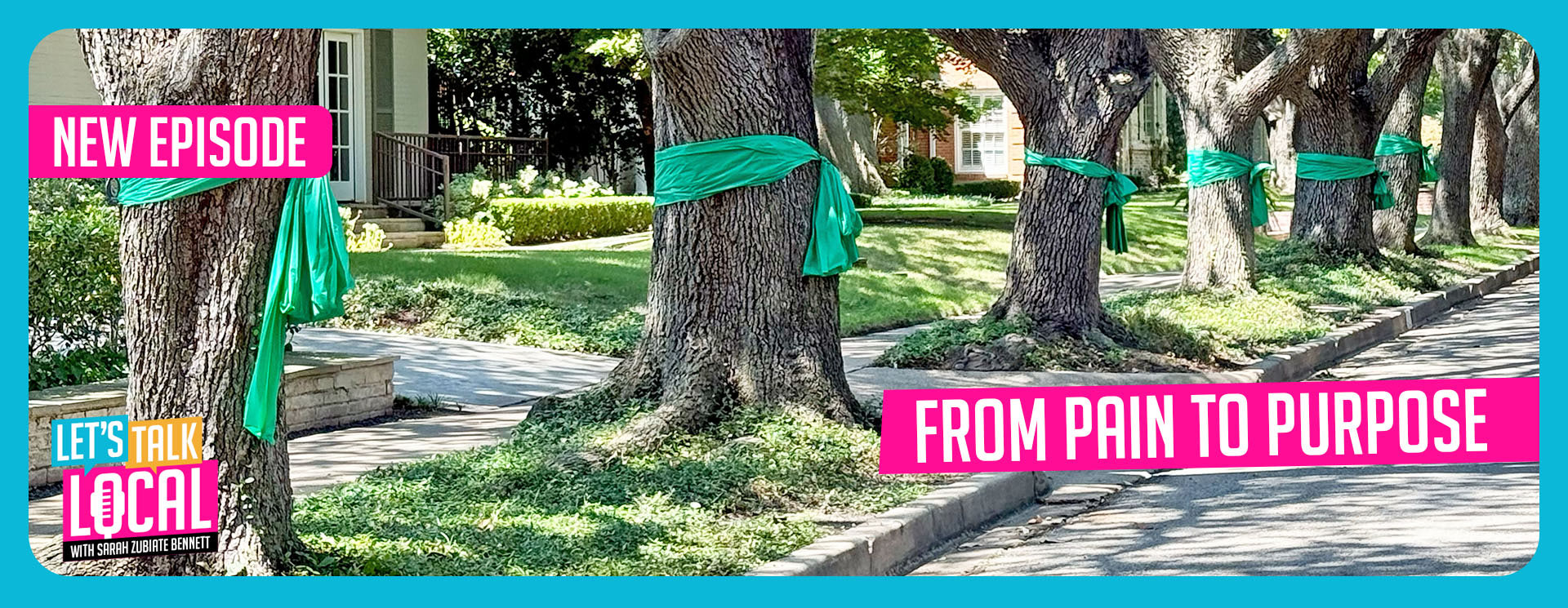The first new nuclear reactor built in the United States in more than 30 years came online Monday morning.
Unit 3 at Plant Vogtle, southeast of Augusta, Georgia, completed testing and started sending power to the electric grids in Georgia, Florida, and Alabama, according to a news release from Georgia Power.
A total output of 1,100 megawatts of electricity can power 500,000 homes and businesses, according to the company.
Nuclear power now makes up about 25% of Georgia Power’s “overall energy mix.”
The Unit 3 reactor is the first of two units to come online. Unit 4 is expected to be finished by early 2024, the news release explained.
“The Plant Vogtle 3 & 4 nuclear expansion is another incredible example of how Georgia Power is building a reliable and resilient energy future for our state,” Kim Greene, president, chairman, and CEO of Georgia Power, said in a statement.
“It is important that we make these kinds of long-term investments and see them through so we can continue providing clean, safe, reliable, and affordable energy to our 2.7 million customers,” Greene continued. “Today’s achievement is a testament to our commitment to doing just that.”
Both units will be in service for the next 60-80 years, producing carbon-free electricity.
They were built as part of a nuclear revival in the United States, yet their construction came after years of delays and cost overruns.
Unit 3 was operational seven years behind schedule. Unit 4 has been delayed for about six years.
The total price tag has risen to $35 billion, twice company estimates, according to The Atlanta Journal-Constitution.
“Every time they’ve pushed the schedule back — three months, six months, years — that’s added hundreds of millions to billions of dollars,” Liz Coyle, the executive director of Georgia Watch, a consumer watchdog group, per AJC. “I think those delays tied to how the company has managed the project should absolutely be subject to being disallowed from recovery from ratepayers.”
Chairman Tricia Pridemore of the Georgia Public Service Commission said the units will be worth the cost.
“I think that the long-term benefits of this project probably will not even be realized in my lifetime,” Pridemore told AJC.


